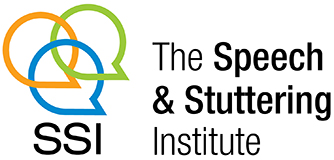Speech Therapy Programs
Our speech programs are intensive and motor based. This means that we pay special attention to how a child is moving different parts of the mouth as s/he attempts to produce speech sounds. Treatment considers the physical movements required to produce speech as well as the speech sounds the child needs to develop. Therapy activities are designed to provide children with many opportunities to acquire and practice new speech skills while also supporting language and early literacy development.
About Speech…
Language refers to the words and grammar we use to create sentences so we can express our needs and ideas. Speech is the physical process of making language come to life. We move different parts of the mouth and vocal tract to produce and combine sounds to form words and longer utterances.
Speech and language skills develop very early in life and are fundamental to children’s social and academic development.
According to the Early Years Study 2 (McCain, Mustard, Shanker, 2007), “Highly verbal and attentive children go on to become successful students; children with poor language or social skills find school a stressful experience and in many cases go on to develop behavioural, psychological and health problems.”
It is estimated that one in ten Canadian children have speech and language difficulties.
Facts about Speech & Language:
- Speech and language difficulties often occur together in young children
- Children with speech problems may leave out sounds in words, substitute other sounds or distort sounds and as a result, others may not understand what they are trying to say
- Children with language difficulties may find it challenging to understand what other people say and/or they may have difficulty finding the words and using appropriate grammar to express their needs and ideas
- Children with speech and language problems are at greater risk for reading difficulties
Early Identification and Intervention CAN make a difference.
Children’s speech, language and communication skills do improve with therapy. With stronger verbal skills and new found confidence, children engage more successfully in the daily interactions that support their social and academic growth.
